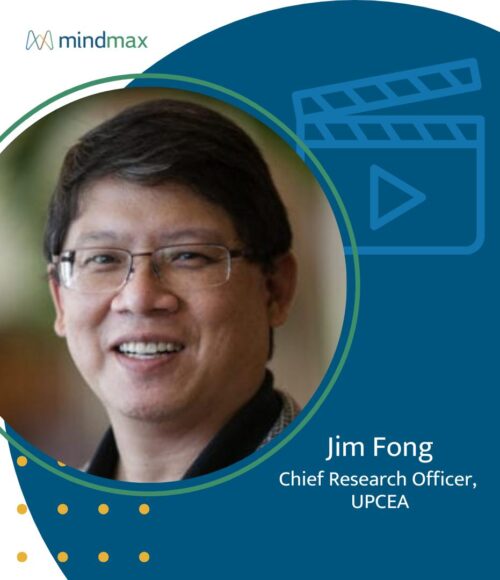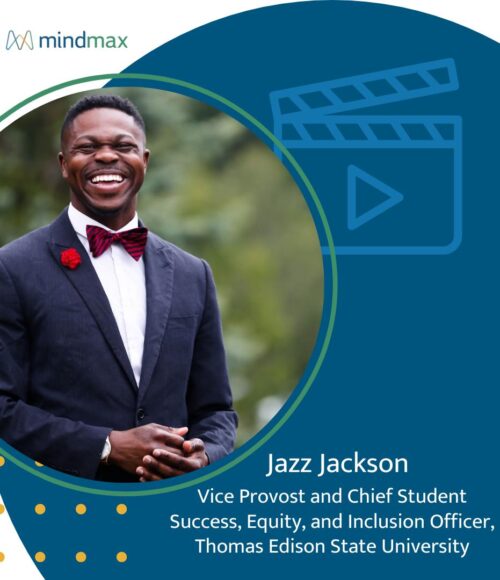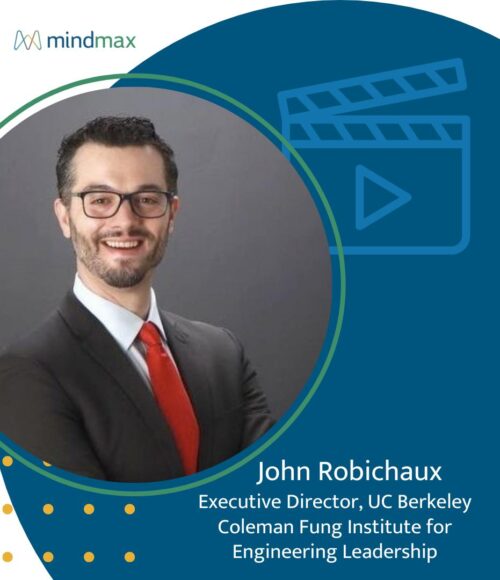UPCEA’s Jim Fong Wants More Flexible Learning Pathways

UPCEA’s Jim Fong Wants More Flexible Learning Pathways
In a conversation with MindMax’s Lee Maxey, Jim Fong, Chief Research Officer at UPCEA, delves into the latest evolution of the higher education landscape. Drawing on nearly two decades of expertise, Fong discusses the urgency for institutions to move beyond legacy systems and embrace stackable credentials, microcredentials, and other flexible learning pathways that meet the needs of today’s adult learners.
“These students are seeing other alternatives…they don’t want to get caught off guard and commit to a full degree,” Fong explains.
Fong addresses the challenges posed by declining enrollments, economic pressures, and shifting learner expectations. He emphasizes the importance of balancing tradition with innovation, urging colleges to align with workforce demands through agile models, strategic partnerships, and alternative education pathways.
Watch the full conversation.
Participants:
– Lee Maxey, CEO, MindMax
– Jim Fong, Chief Research Officer, UPCEA
Core Themes:
– Stackable credentials as the future of higher ed
– The evolving role of AI in higher education and employment
– Balancing tradition with the need for innovation
– Addressing the “some college, no degree” population
Key Concepts Covered:
– The shift in focus from the online graduate market to microcredentials that increasingly appeal to adult learners.
– The growing number of adults with some college and no degree, emphasizing their potential value to colleges and the need for alternative pathways like stackable credentials.
– The evolving role of registrars as they move away from traditional rule-based models to address new economic realities, declining enrollments, and the demand for greater flexibility.
– AI’s potential to align curriculum with employment by bridging the gap between noncredit and credit learning and creating stronger connections between education, skills, and workforce needs.
– The current challenges and friction in the OPM marketplace, emphasizing the need for institutions to reassess their core competencies and relationships with OPMs.
– Concerns about the future of higher education under different political administrations, noting a potential shift toward skills-based learning and microcredentials.
Related Ideas
Jazz Jackson Wants to Help Every Student Finish What They Start

John Robichaux Wants Lifelong Learning to Drive Public Impact
